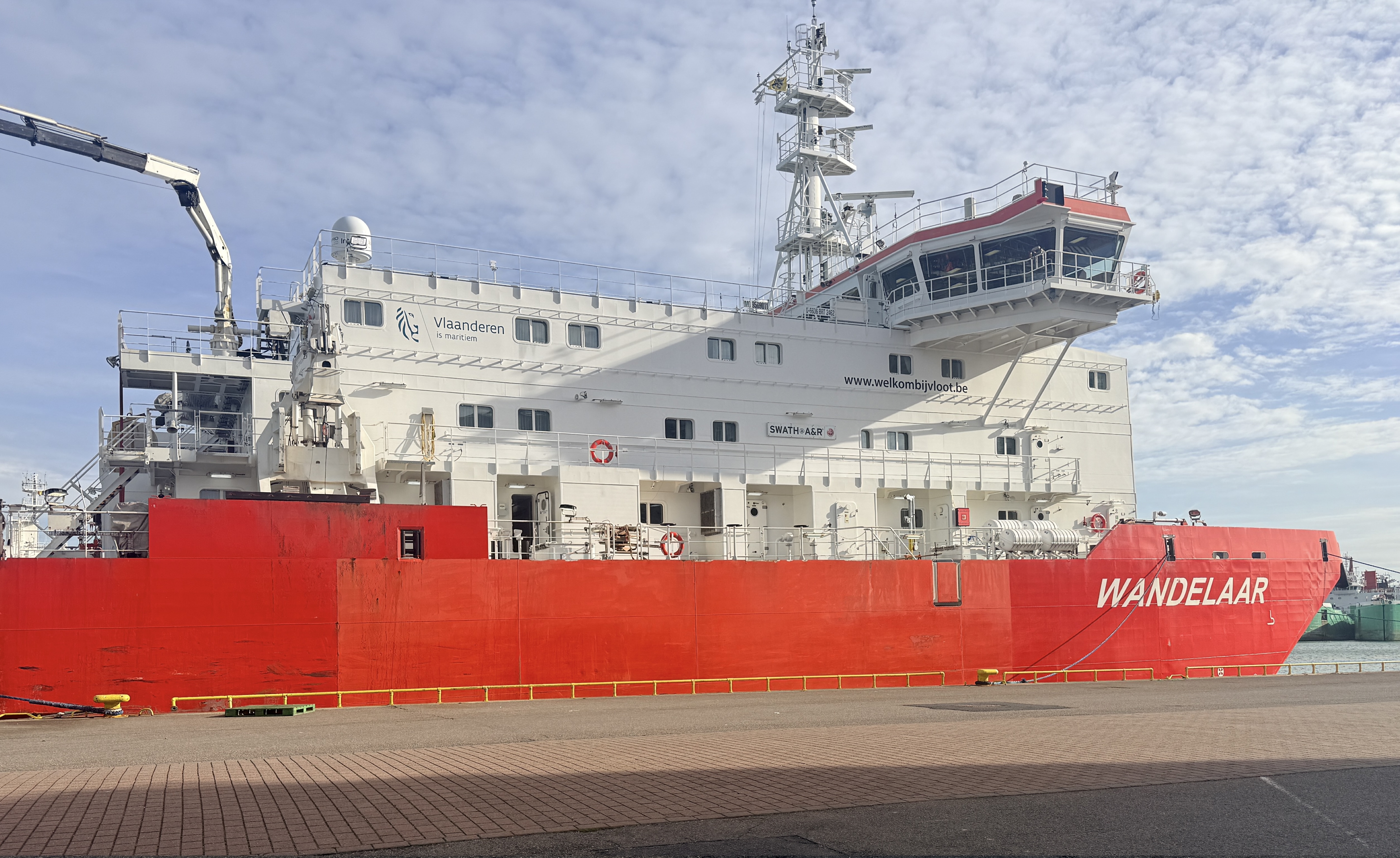Diversity Mainstreaming in the Maritime Sector – Data Analytics & Business Insights
Client: European Investment Bank (EIB)

Overview
This project, implemented under the European Investment Bank Advisory Services (EIBAS) Framework Agreement (Lot 3 – Mobility), focuses on applying data-driven analytics to promote diversity and inclusion (D&I) across the maritime sector in Flanders, Belgium.
The assignment supports the Agency for Maritime and Coastal Services (MDK), in collaboration with the Port of Antwerp-Bruges and North Sea Port, in identifying workforce gaps, analyzing inclusion barriers, and designing actionable investment and data strategies to foster a diverse and inclusive maritime industry.
Client: European Investment Bank (EIB)
Implementation Partner: NTU International A/S
Beneficiaries: Agency for Maritime and Coastal Services (MDK), Port of Antwerp-Bruges, North Sea Port
Duration: 2025 – 2026
Location: Belgium (Flanders Region)
Funding: InvestEU Advisory Hub
Objective
The data analysis component of this project aims to:
- Build a comprehensive data foundation for assessing gender, disability, ethnicity, and inclusion indicators
- Apply quantitative and qualitative analysis to map trends in recruitment, retention, and promotion within the maritime workforce
- Generate data-informed recommendations and business cases to guide D&I policy and investment decisions
- Develop data-driven action plans for improving workforce diversity and sector competitiveness
Data & Analytics Framework
1. Data Collection & Integration
- Consolidated employment, HR, and demographic data from MDK, Port of Antwerp-Bruges, and North Sea Port
- Harmonized disaggregated datasets across gender, disability, sexual orientation, ethnicity, and career stage
- Designed a framework for ongoing data quality management and automation to enhance institutional D&I monitoring
2. Gap & Baseline Analysis
- Conducted statistical analysis of labour force composition, identifying underrepresentation patterns and systemic gaps
- Analyzed attrition rates, promotion flows, and recruitment pipelines through trend and correlation modeling
- Performed benchmarking against EU and international maritime operators to identify best practices and business impact of diversity
3. Business Case Analytics
- Developed a cost–benefit analysis (CBA) model quantifying the economic benefits of improved workforce diversity, such as productivity gains, innovation potential, and reduced turnover
- Modeled financial implications of introducing inclusive measures (e.g., infrastructure accessibility, flexible work, training)
- Delivered investment scenarios to prioritize initiatives with the highest return on inclusion (ROI)
4. Predictive & Prescriptive Insights
- Built data dashboards and forecasting models to simulate future workforce diversity trends under different intervention strategies
- Identified high-impact areas for investment in human capital and organizational change
Key Deliverables
- Gap Analysis Report: Sector-wide D&I baselines and statistical findings
- Data Improvement Strategy: Institutionalize ongoing data capture and performance monitoring
- Business Case Report: Measurable ROI of diversity-driven initiatives
- Investment Manual for Diversity & Inclusion: Integrating data analytics, risk assessment, and prioritized financial actions
- Interactive Dashboards: Continuous analytics and scenario modeling for internal use
Tools & Methods
Data Sources: HR databases, staff surveys, EU datasets, maritime sector benchmarks
Techniques: Regression analysis, comparative benchmarking, demographic segmentation, and business impact modeling
Software & Infrastructure: Advanced spreadsheet modeling, database integration, and data visualization tools (Power BI/Tableau prototypes)
Impact
- Delivered a data-centric framework enabling MDK and partner ports to make evidence-based HR and investment decisions
- Quantified the economic value of diversity for maritime organizations, demonstrating clear ROI
- Supported EIB Advisory Services in developing replicable models for data-led inclusion assessment across EU infrastructure sectors
- Provided actionable insights to reduce systemic barriers and improve workforce representation
- Enabled predictive analytics for workforce planning and diversity trend forecasting
- Created sustainable data monitoring framework for ongoing D&I performance tracking
"Turning diversity into measurable value through data and analytics."